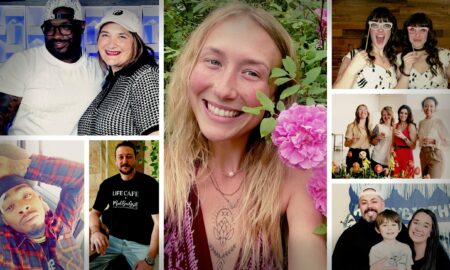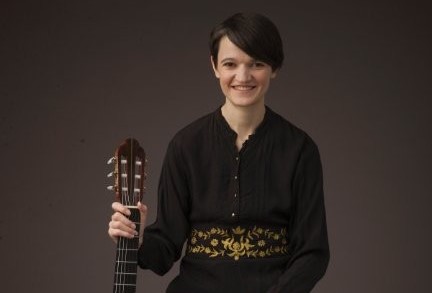

Today we’d like to introduce you to Maja Radovanlija.
Hi Maja, thanks for sharing your story with us. To start, maybe you can tell our readers some of your backstory.
I am a classical guitarist based in Minneapolis but originally from Belgrade, Serbia. I started playing guitar and taking classical guitar lessons at the age of 9, and after 2 years started with competitions. I won several guitar festivals in former Yugoslavia at very young age and decided to become a concert artist. I studied guitar at the University of Belgrade, and took lessons with famous teachers and guitarists, such as Leo Brouwer, Dusan Bogdanovic, Anielo Desiderio, etc. I was touring and performing with many ensembles (mostly new music and Balkan traditional music), and at some point decided that I wanted to study more, so I came to study at the prestigious Jacob School of Music in Bloomington, IN. I always loved teaching – especially working with children and beginners, and during my 6 yearlong graduate studies (master’s and doctoral degree) I’ve taught for the pre-college program at IU. Prior to graduate studies, I already taught for about 10 years in music schools in Serbia. There, the system for music education is amazing – schools are free and funded by the state, and great music education is accessible and available to children and families regardless of social status. After the uprising in S Minneapolis in the year 2020, I was thinking about how can I contribute to our community and offer something meaningful and at the same time helpful. I decided to offer free guitar lessons, and try to target especially families that would not be able to afford lessons for their children. I started Powderhorn park music project – a teaching project funded by fundraisers and smaller grants, and started teaching guitar classes and lessons at Walker UMC (which donated the space), once a week. I had two more teachers helping and with the generous help of Border Crossing, an amazing non-profit organization, we got a grant to buy 15 guitars and donate to kids, and funds to invite Latinx teachers once a month. The majority of students are from the Latinx community. This project is ongoing and I am looking for ways to keep teaching, inviting more teachers, and musicians and funding it.
Aside from teaching, I perform in several ensembles, such as Minneapolis Guitar Quartet- which also does many community outreach projects and the improvised music collective Satu Jiwa. One of my goals, as a concert artist, music teacher and musician, is to try and offer some healing to communities I am connected to. And to keep doing it through sharing music, collaborating and sharing my knowledge (lessons, classes, workshops, etc.).
Alright, so let’s dig a little deeper into the story – has it been an easy path overall and if not, what were the challenges you’ve had to overcome?
For me, it was not an easy transition when I moved to US. I was 30 years old then and I already had a very developed social life and music career in Belgrade, Serbia. When I decided to go for graduate school, I did not envision how hard would it be to fit into the new culture, and to find my way into music career as an immigrant and also as a woman. There are not many female guitarists in this country, in comparison to Europe -although this is changing now slowly, and I found it a bit challenging in my first years here, to build a performing and teaching career. Even though I am an active female musician and guitar instructor for years, I occasionally still experience disrespect and a lack of understanding of my work.
Appreciate you sharing that. What else should we know about what you do?
I am a guitarist specializing in classical guitar repertoire – especially new or contemporary music. I play in various ensembles and could say that I am very passionate about collaborating with musicians that are interested in improvised music and come from different musical backgrounds and styles. Aside from classical music, I find my musical roots in Balkan traditional music (as I am from Serbia, a Western Balkan country) and I love collaborating with musicians and artists of various styles, and creating music in the moment (improvised music). I am most proud of the variety of ensembles I performed with, and of my students that found their way in the versatile music world. I often perform with Hungarian violist/composer Szilard Mezei, in trio (viola, flute and guitar(s)), with Minneapolis Guitar Quartet, and in duo with amazing flutist Linda Chatterton. I also play in the improvised music collective Satu Jiwa (which means one spirit, or one world) with great bassist Liz Draper, percussionist/singer Moonear Khar and pianist/trombonist/flutist Tasha Baron.
As far as my free guitar lessons project (PPMP = powderhorn park music project), I am proud of the community that supports this project and of families and students that show up every Saturday. With the help of the community and possible grants, I hope to expand this program from free guitar lessons, to including improvised music workshops, and perhaps other instruments and engaging with more families in need. Music is a wonderful way to connect, share and learn.
We’d love to hear about any fond memories you have from when you were growing up?
I had a friend in the third and fourth grade of elementary school, member of the Romani community – who at the age of 10 already had to work in order to help out his family. But he liked school also. His name was Orpheus (like a God of music). My teacher assigned a few of us from the class to help him with homework. We would go to visit him at his home, which was in Romani village by the river Danube in Belgrade (where I am from), in the city but still a bit secluded. Romani people and his family and cousins would invite us to their community music gatherings where they play and sing and dance for hours, and share songs (and food). I still remember these gatherings and the amazing music and atmosphere, and the happiness of the Romani people. I understood back then that the real happiness is to share and connect. Romani community usually moves and often changes towns, and lives a sort of nomadic lifestyle – they are not interested in having big houses, expensive cars, etc. – but they know how to share and celebrate life through music, song and dance.
Contact Info:
- Website: www.majaradovanlija.com | https://powderhorn-park-music-project.business.site/
- Instagram: https://www.instagram.com/majaradovanlija/?hl=en
- Facebook: https://www.facebook.com/mradovanlija
- Youtube: https://www.youtube.com/channel/UCIkodOkly1FTghtC_WAzQzQ
- SoundCloud: https://soundcloud.com/you/tracks
- Other: https://gofund.me/b0f0d7d3
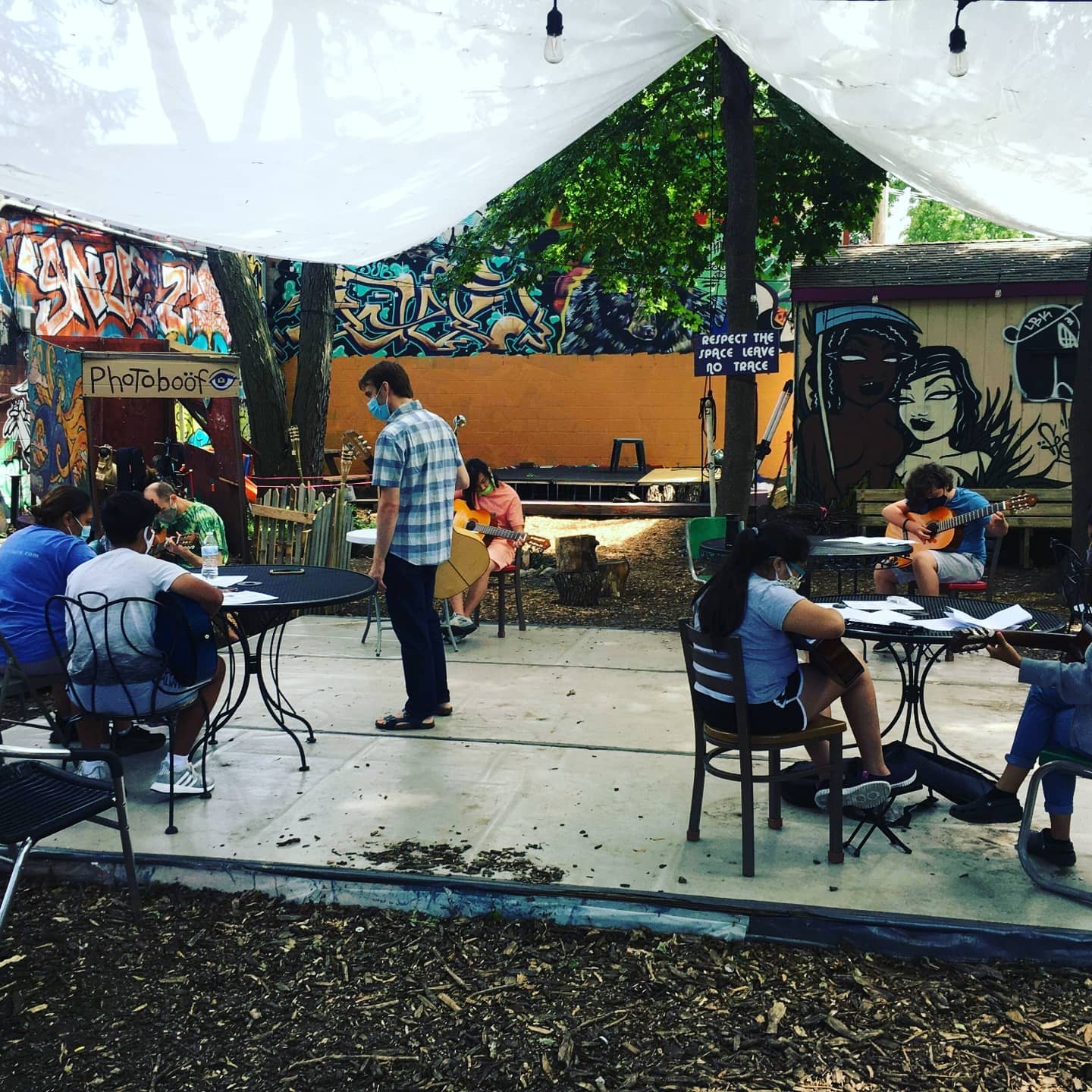
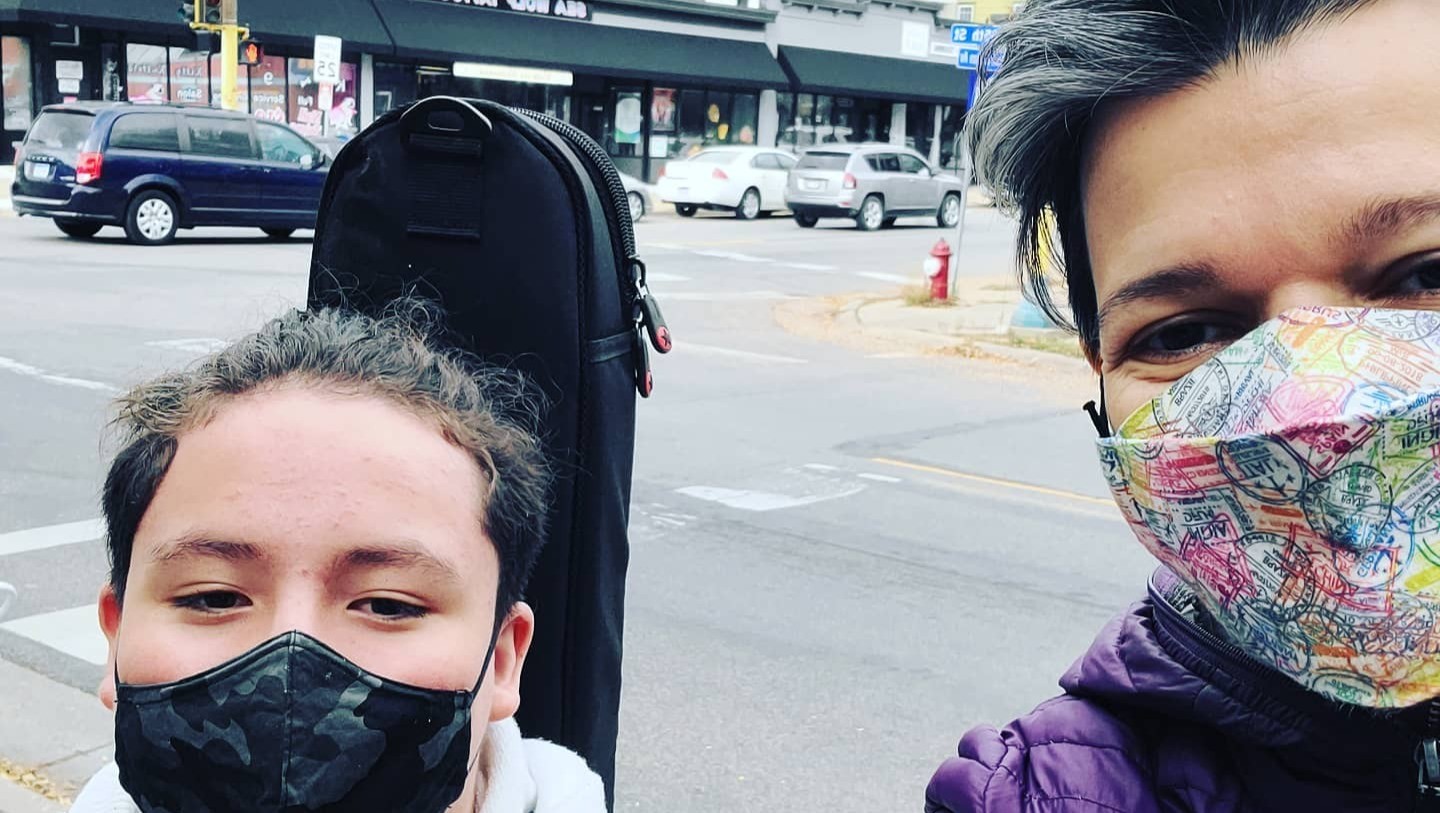
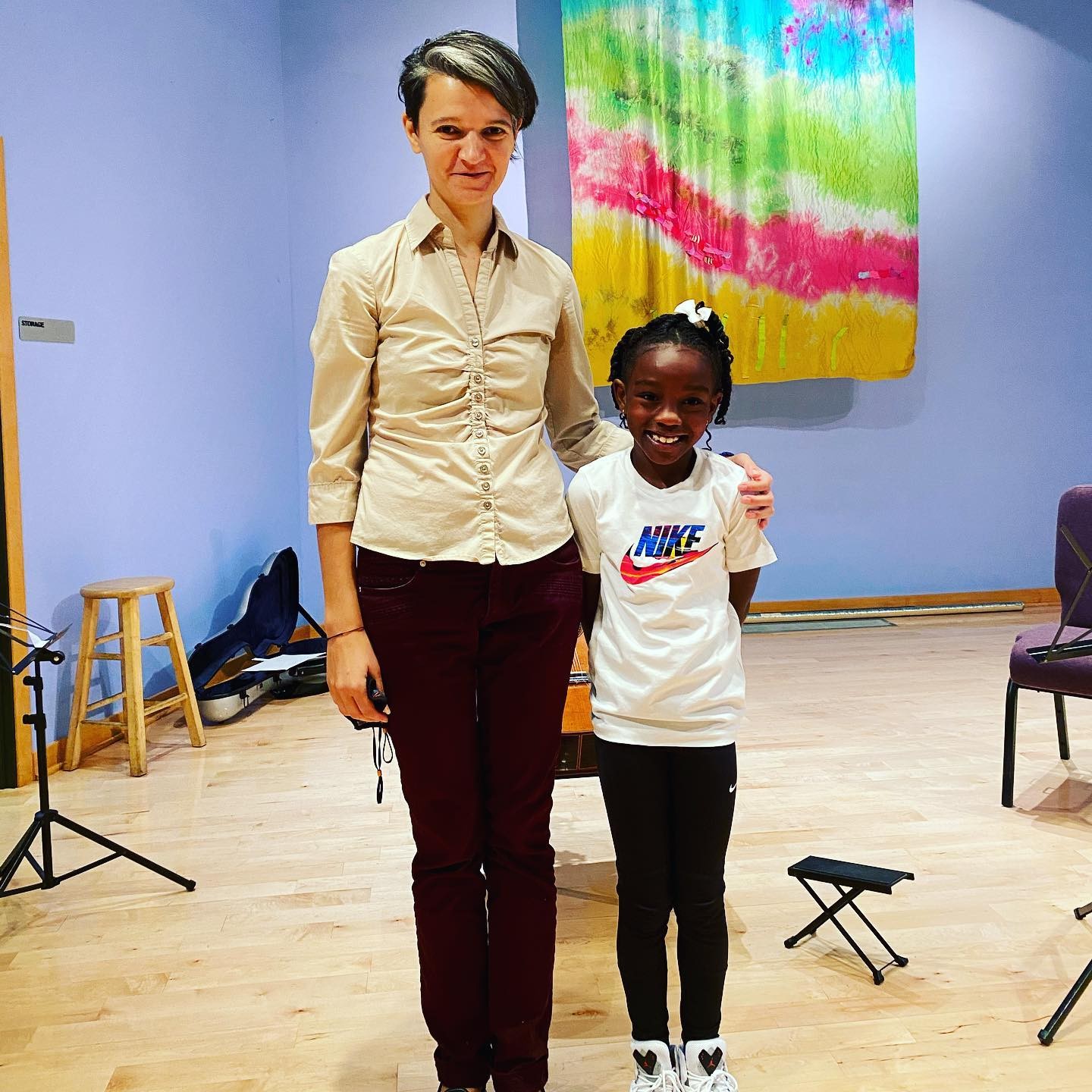
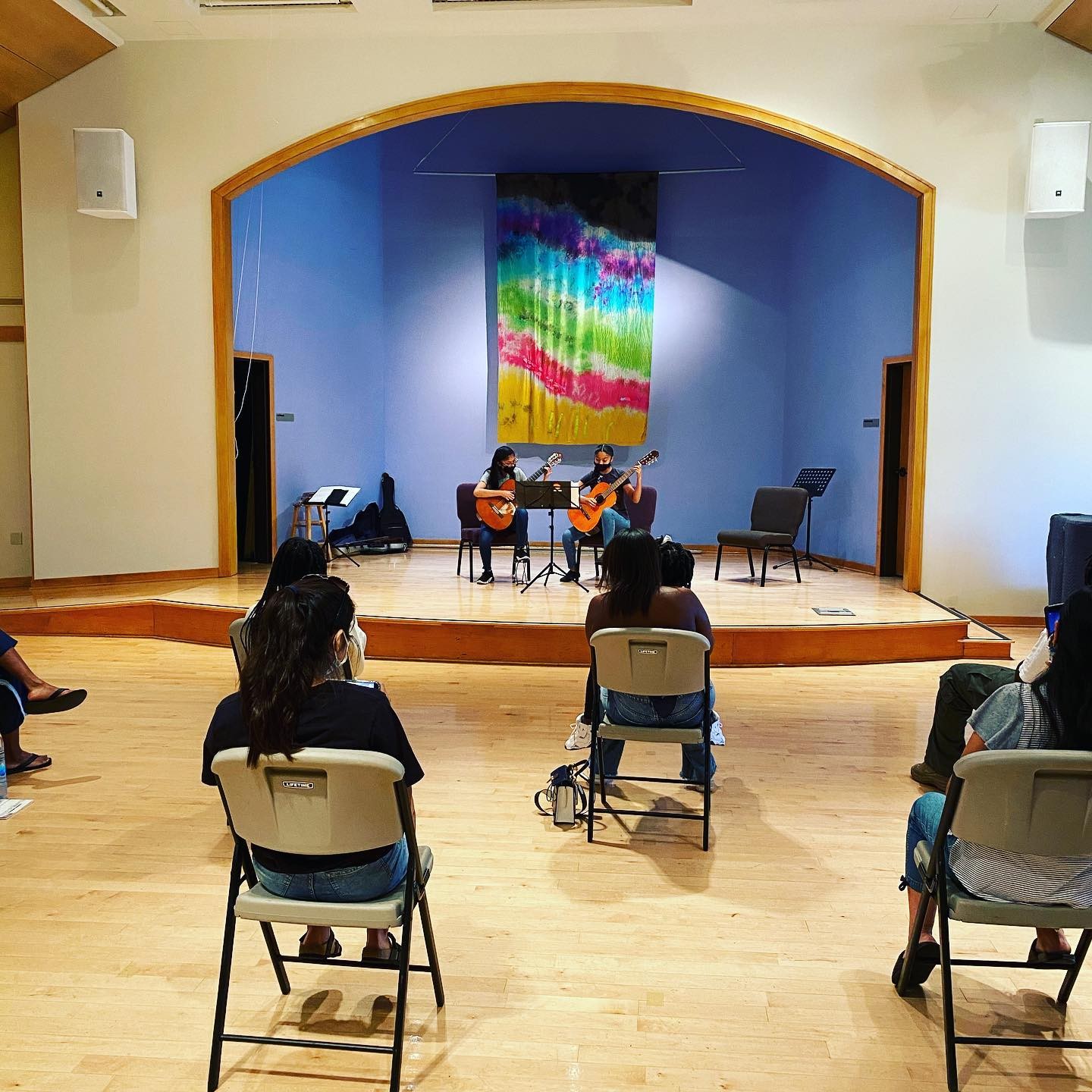
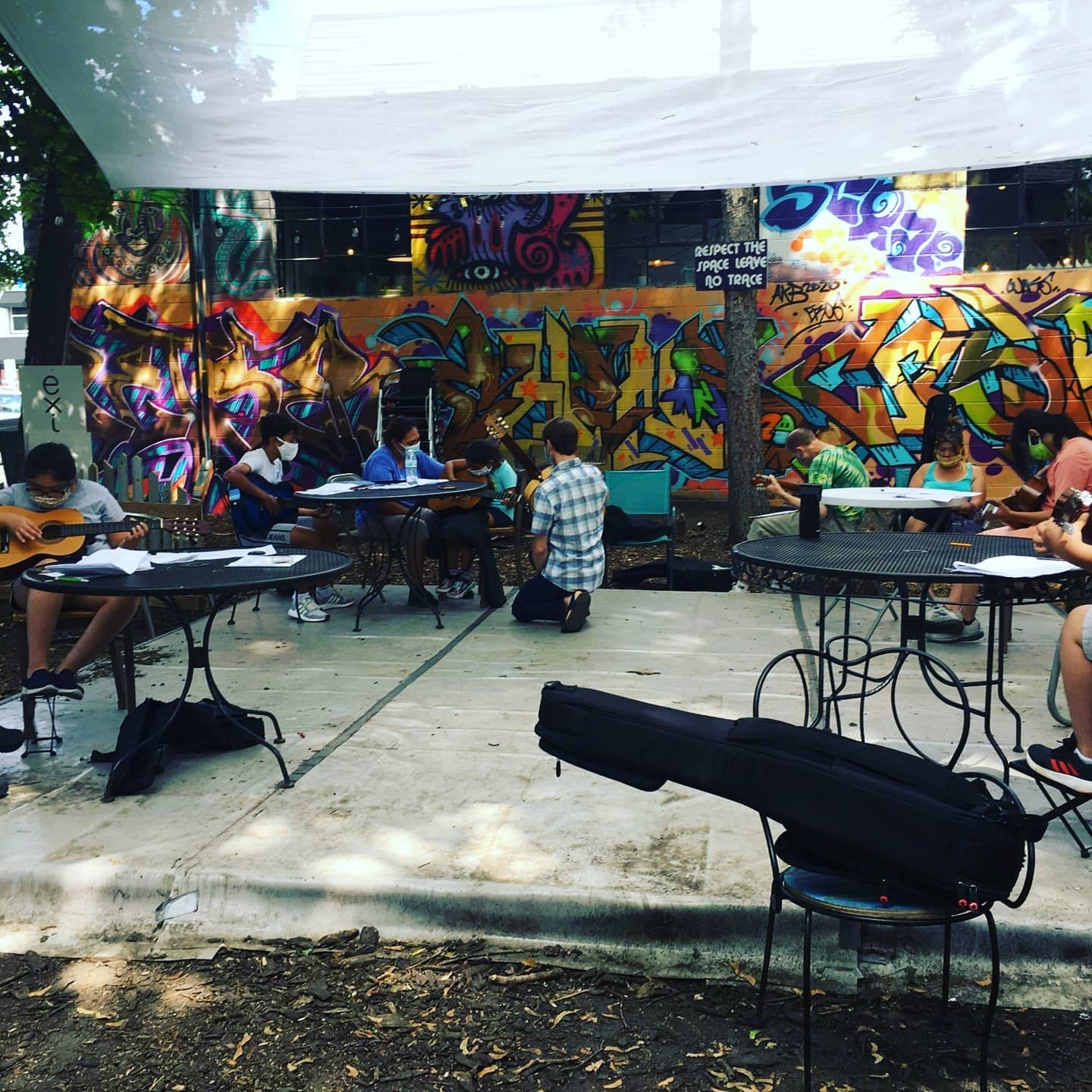
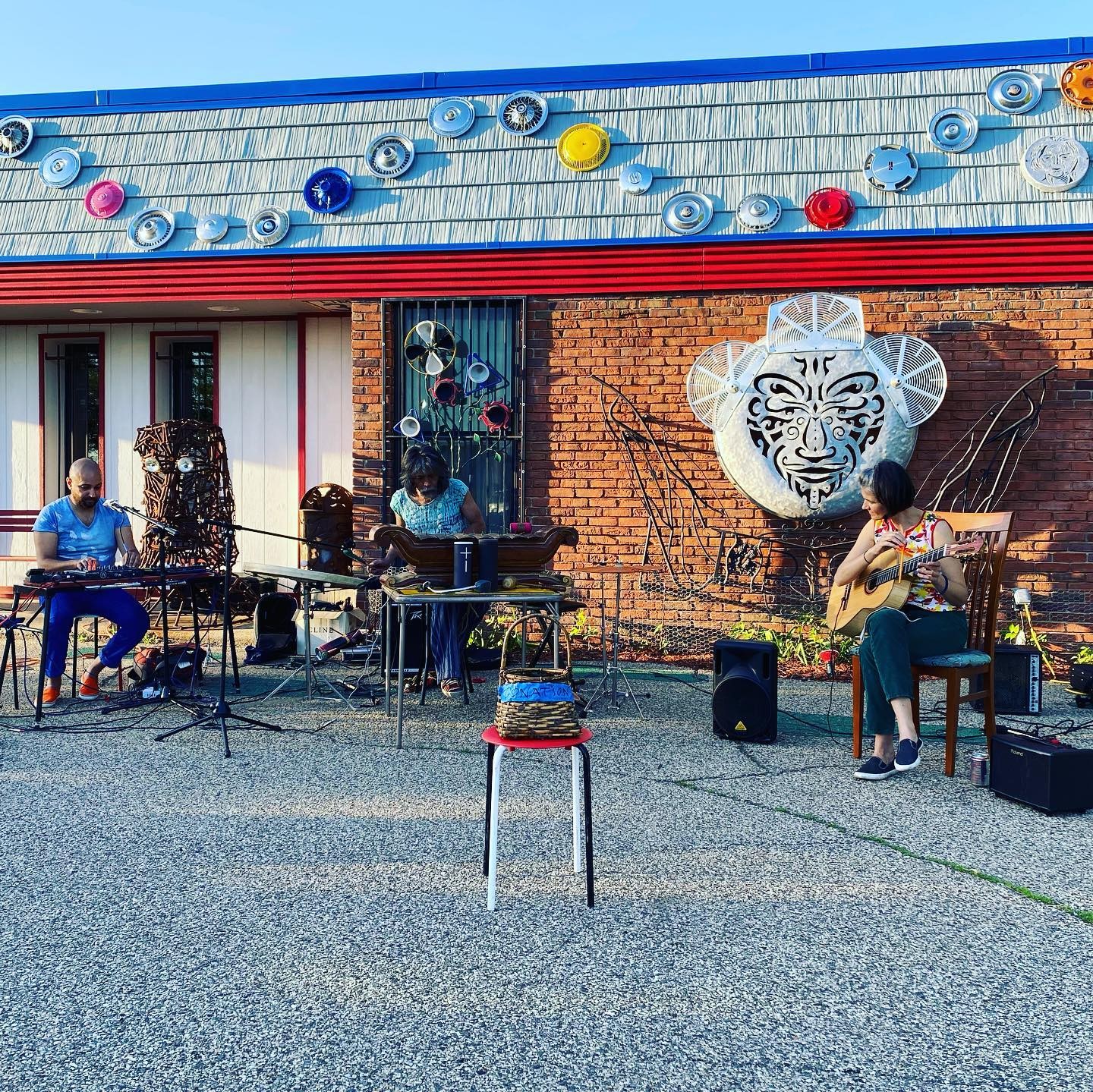
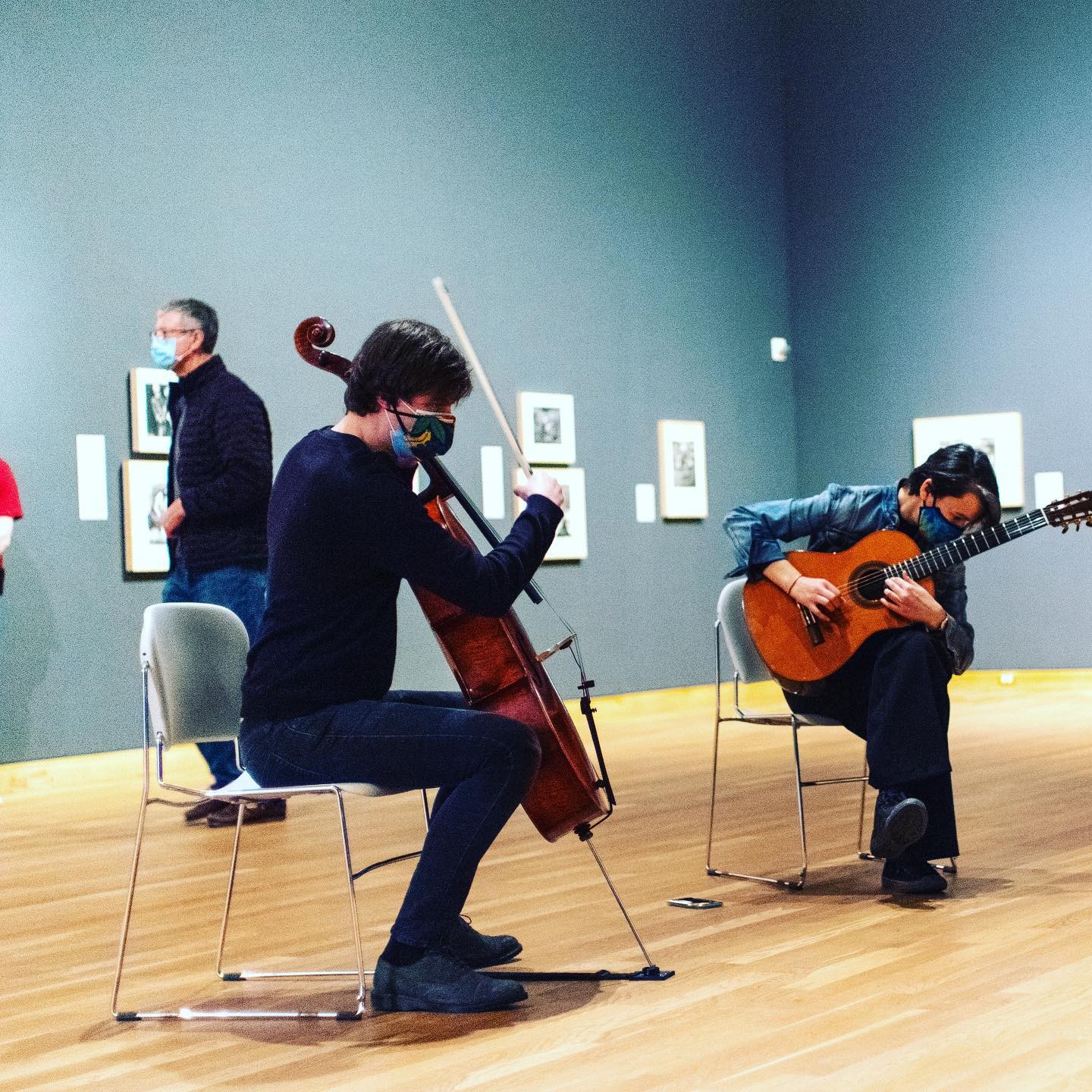
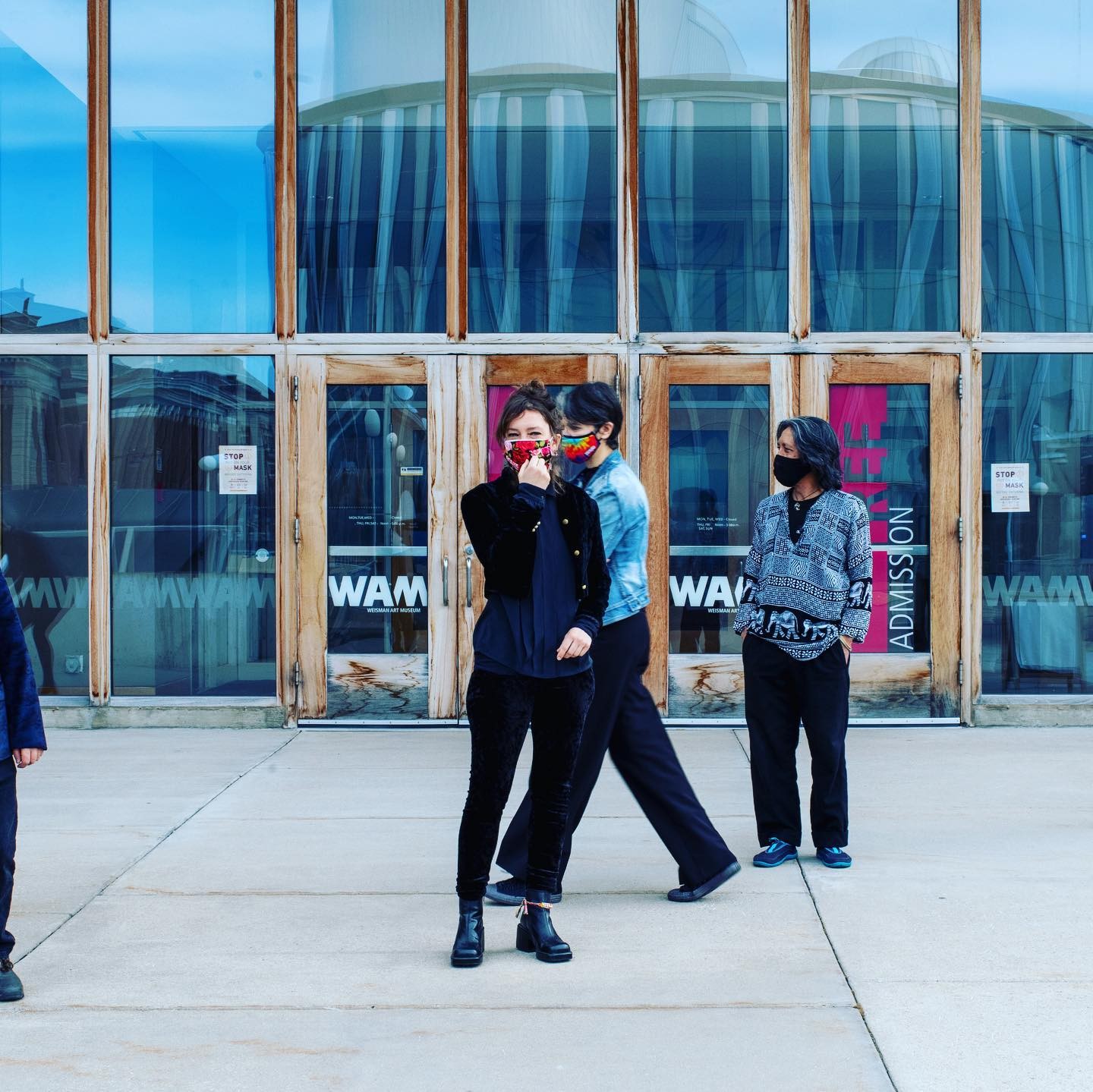
Image Credits
Boris Oicherman (photos of Satu Jiwa improv collective)

